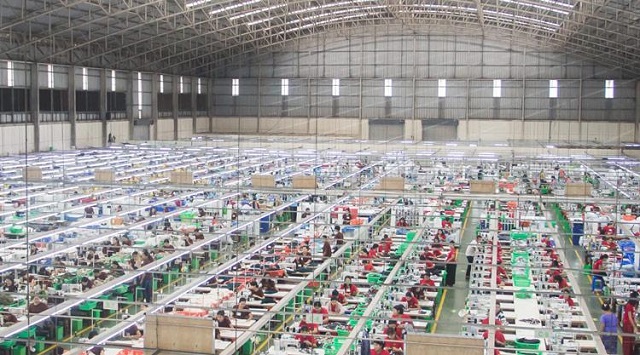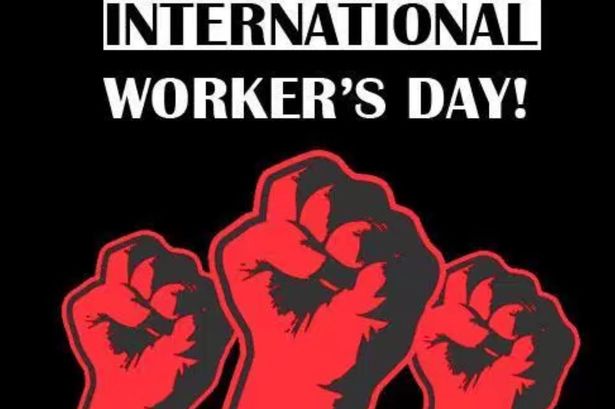On International Workers Day on 1 May, the EU’s Myan Ku Emergency Cash Fund transfers the first payments to garment workers who have been suspended or terminated due to the impact the COVID-19 crisis has on Myanmar’s garment sector.
“I was terminated from my factory on 7 March. In the past, I was able to provide for my family’s rental costs and food expenditures. Now, I am not sure what we will do,” said Ms. Thuzar Aung, a sewing operator from Bo Ko Lay town, Ayeyarwaddy. She will be among the first recipients of a cash payment of MMK 75,000 from the Myan Ku Fund. Ms Thuzar Aung is one of around 30,000 workers in the apparel industry who have lost their jobs over the past two months because of the impact of the coronavirus pandemic on global markets.
Myan Ku provides direct cash transfers to terminated and laid-off garment workers, to help them through the months of May, June and July. The next few months will be challenging for the country’s garment industry because of canceled, delayed and reduced orders from international buyers.
“We appreciate the support provided by the EU through the Myan Ku programme in these times of hardship for workers. We will also cooperate with the EU to address the issues,” said Union Minister for Labour, Immigration and Population, U Thein Swe.
Read also
“The Myan Ku Emergency Cash Fund is real solidarity from the European Union towards the thousands of workers in Myanmar, and their families, who lost their livelihoods due to COVID-19. Myan Ku will provide quick, easily accessible financial support for the workers,” said EU Ambassador Kristian Schmidt. “In a global crisis like this one, it’s always the poor who suffer the most. Around the world, we will all need to improve the safety nets for the most vulnerable, and I am proud the European Union can show its solidarity with this immediate and direct helping hand.”
Workers from six factories that have suspended operations during February and March were included in the first batch of cash transfers. Over the next weeks, Myan Ku is expected to reach around 90,000 workers.
European Union























































